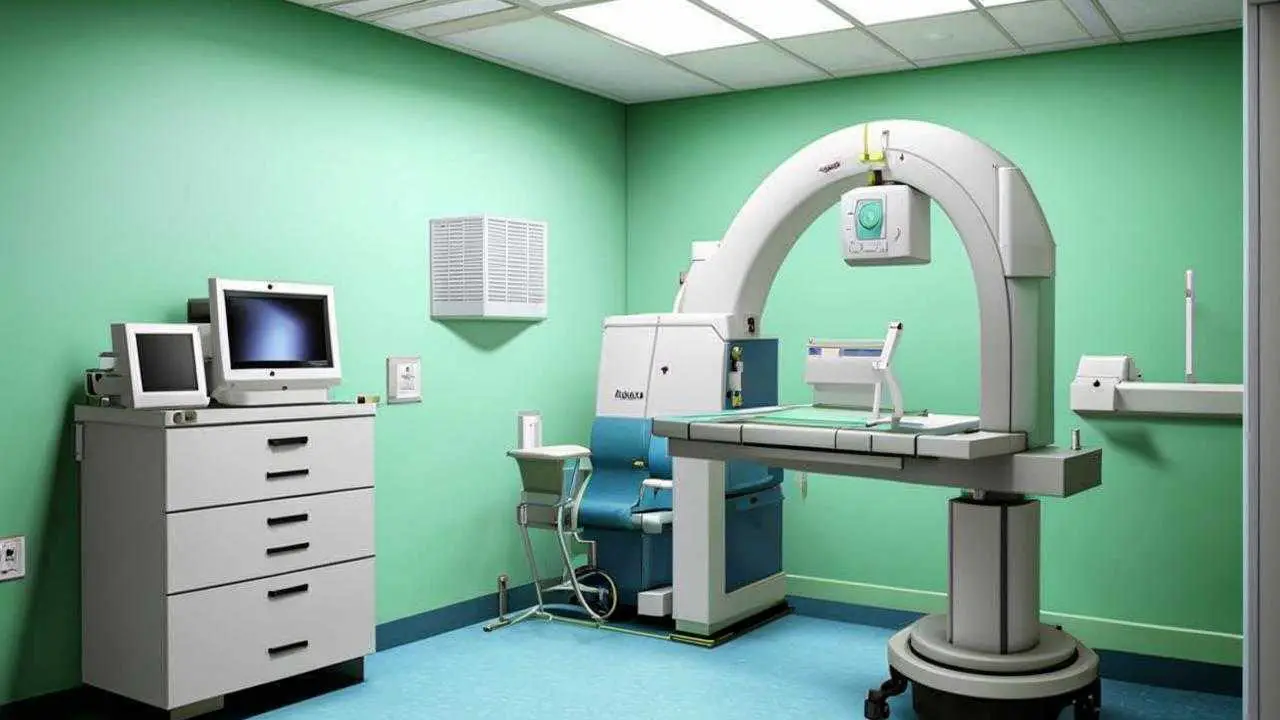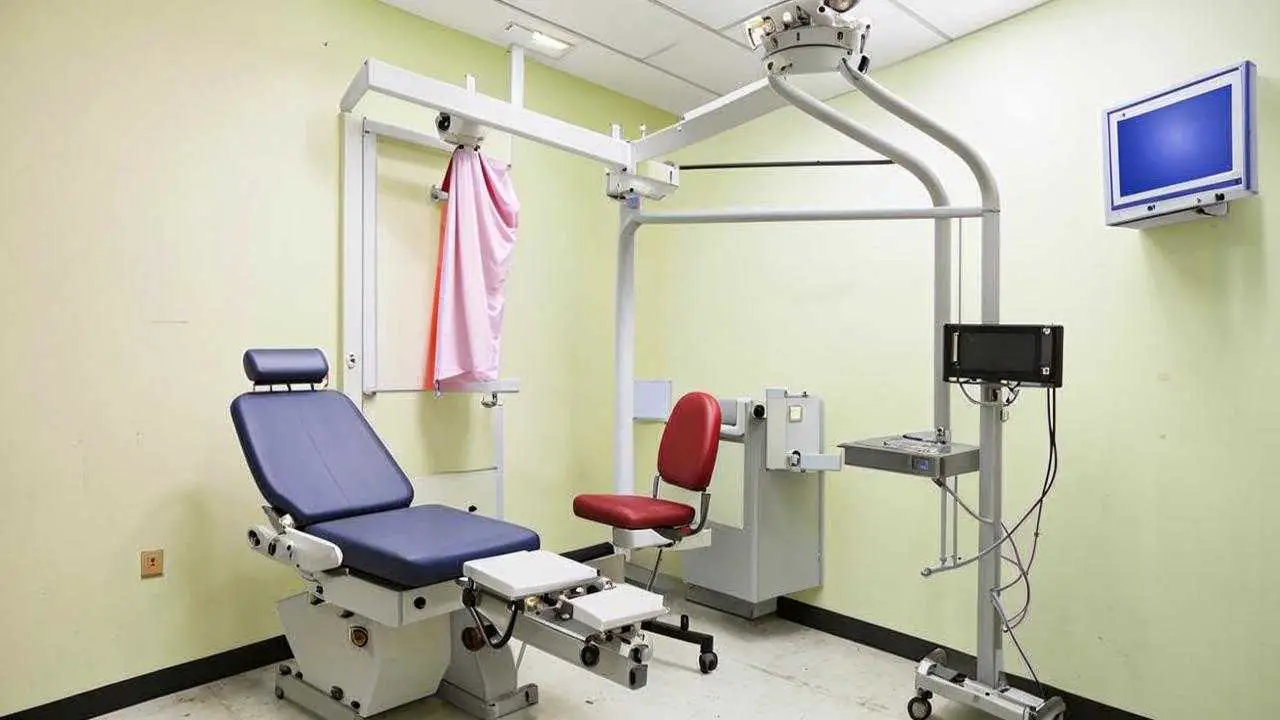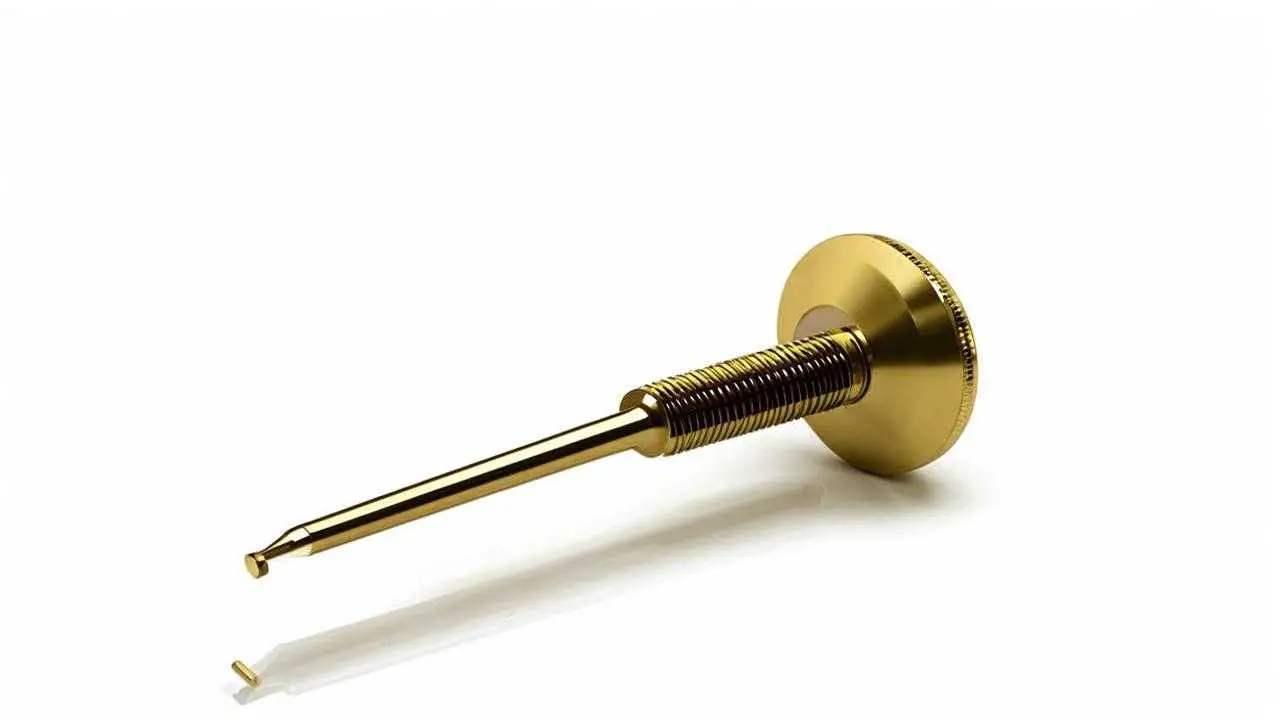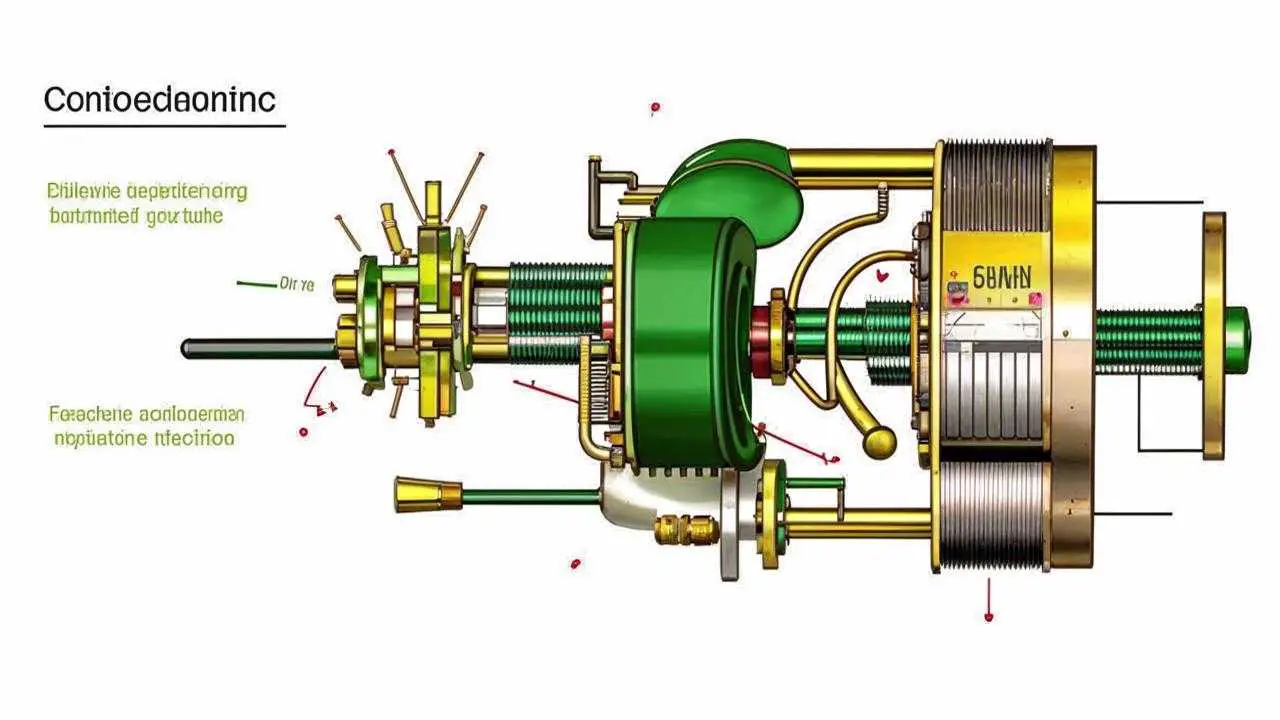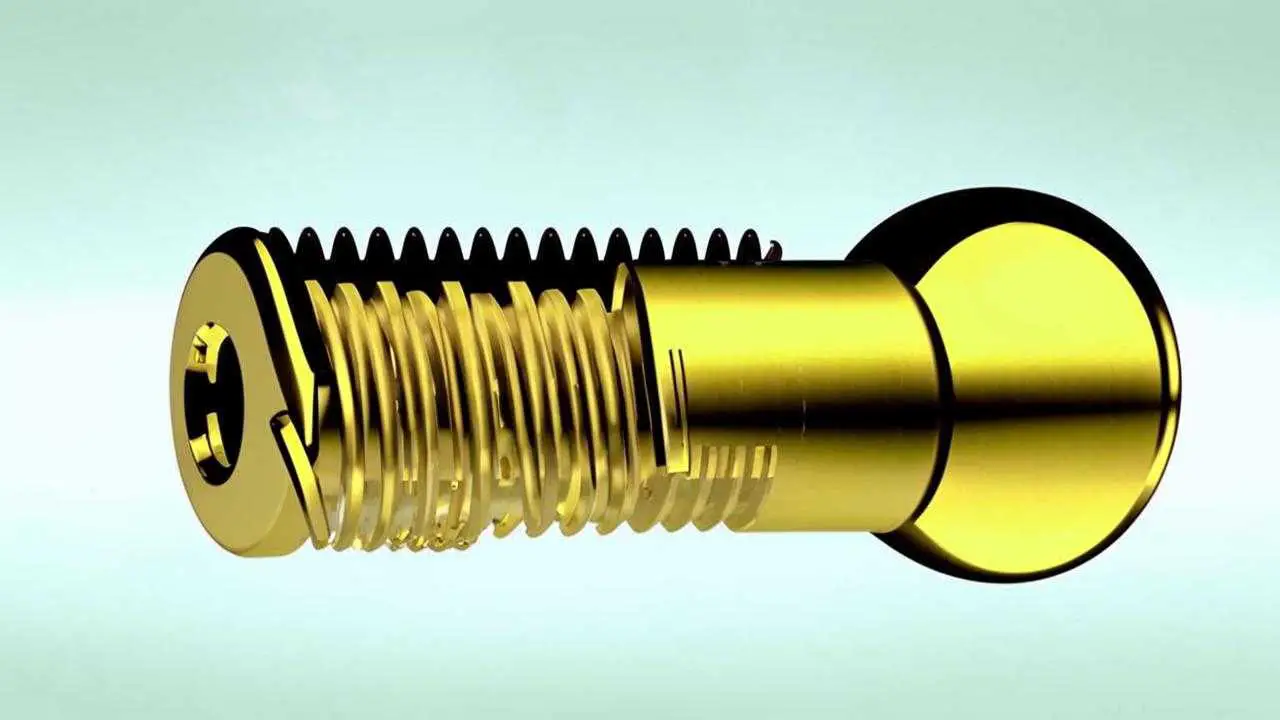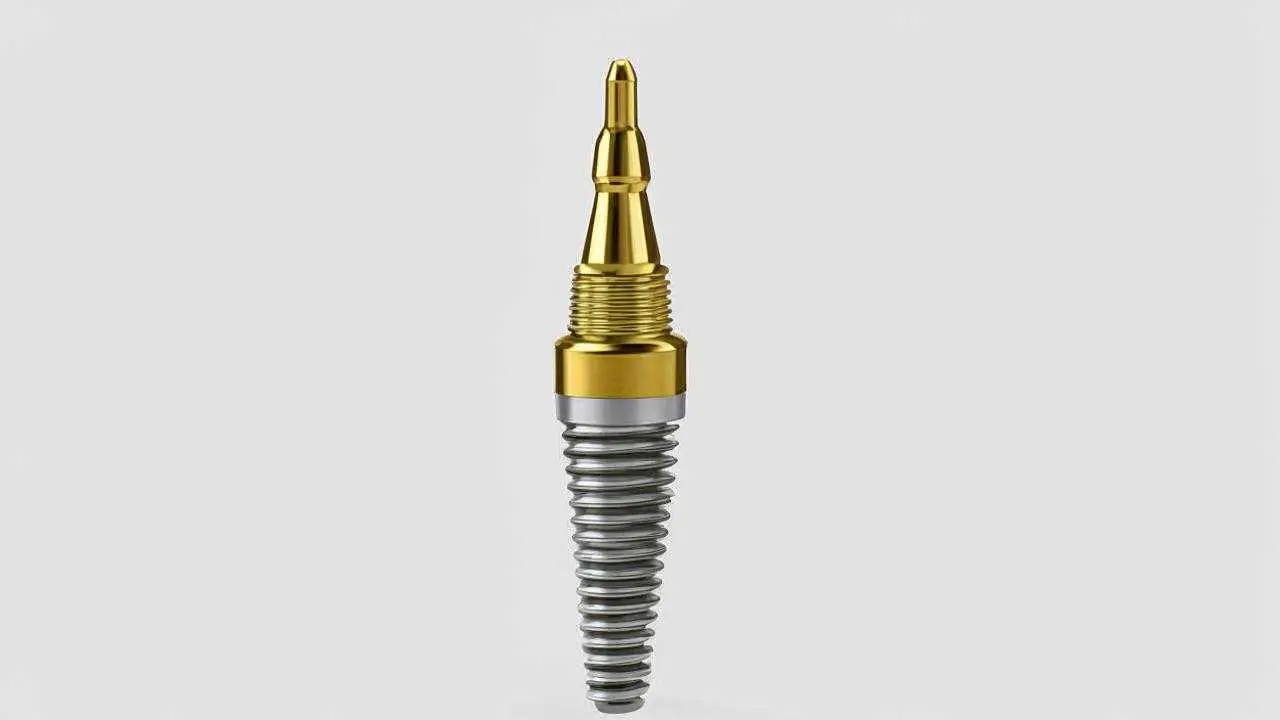Dental implantation is a surgery performed on patients from the age of 18. Placement of implants is indicated after 60, 70 and even 80 years of age in normal health. General contraindications to dental implantation in the elderly are similar to other patients. Carrying out the operation in adulthood involves risks associated with age-related changes in the body. Among them are osteoporosis, marked atrophy of bone tissue, low immunity, acquired chronic diseases. The doctor selects gentle express methods of implant implantation. They are aimed at reducing the number of manipulations, rehabilitation period.
Are there age limits for dental implantation?
The minimum age for implant placement is 18 years old. Children have an active formation of the body, including bone tissue, dentoalveolar apparatus. In order not to interfere with the natural process, dentists choose delicate methods of aesthetic restoration. Minor patients over the age of 10 with partial adentia have a mini-implant placed in the smile area. A temporary crown is placed on it. After adulthood, the construction is replaced with a permanent artificial root, which is loaded with a denture.
Implantation of teeth in older age is different. In the body of people over 55 years of age, natural physiological changes occur. They prevent stabilization, increase the risks of rejection of the titanium root. Among such problems:
- Decreased immunity;
- Osteoporosis, which makes the jawbone loose, prevents reliable fixation of the root;
- Diseases that cause blood clotting disorders;
- Expressed atrophy of the jawbone;
- Intolerance to anesthesia;
- Poor oral condition caused by poor hygiene, neglected periodontal disease, adentia.
When implanting teeth after 50 years of age, the patient and the doctor need to make efforts to achieve the desired results. Before the operation, a comprehensive examination is carried out. With chronic diseases before the procedure will require consultation of specialized specialists, obtaining permission from the therapist. The doctor conducts a conversation to help the age patient overcome the fear of treatment. Light sedatives are prescribed.
The specialist selects the design of the artificial root, taking into account the clinical case. After surgery, the patient will need more frequent preventive examinations to monitor stabilization, to ensure thorough oral hygiene.
Contraindications to implantation in the elderly
Age restrictions in the installation of dental implants are associated with the lack of health of a non-young person.
Absolute:
- Uncompensated diabetes mellitus, thyroid disease;
- Inability to administer anesthetics;
- Tuberculosis;
- Diseases of connective tissue;
- Hypertonus of masticatory muscles, bruxism;
- Blood coagulation disorders;
- Oncology;
- Serious CNS and mental disorders;
- Disorders in the immune system;
- Conditions in which any surgical intervention is contraindicated.
Temporary:
- A recent stroke or heart attack;
- Oral problems;
- Taking medications that affect blood clotting, immunity;
- Exacerbation of chronic diseases.
If temporary contraindications to implantation are detected, the procedure is postponed to a later date.
What complicates the installation of implants
The engraftment of titanium roots in non-young people is complicated by pathologies characteristic of adulthood:
- With loose bone and osteoporosis, jaw atrophy, the primary stabilization of the implant is difficult.
- Due to acquired diseases that have passed into a chronic form, the body is weakened. The operation will create an additional load on it.
- With reduced immunity, there is a high risk of rejection;
- Diabetes affects metabolism, slows down the process of wound healing. Installation of a titanium support is possible after normalization of glucose levels.
- Periodontal disease, poor oral hygiene increase the likelihood of infection, rejection of the implant.
- Problems with blood coagulation prevent any surgical intervention. The patient is shown “bloodless” installation of the implant.
- It is performed by puncture.
- If the perception of anesthesia is impaired, the doctor carefully selects an anesthetic;
- People with cardiovascular diseases are prescribed hypotensive and sedatives before the procedure. Preparatory therapy reduces stress, reduces the risk of deterioration of well-being.
- Thyroid diseases negatively affect metabolism. Installation of a titanium support is possible if the disorder in the work of the gland is compensated by medication.
التحضير
At this stage, a comprehensive diagnosis is carried out to assess the general condition and health of the oral cavity. The measure includes:
- Collection of anamnesis about transferred and chronic diseases, individual intolerance of drugs;
- Consultations of specialized doctors in the presence of organ diseases;
- General clinical tests;
- Computer tomography to assess the state of the dentoalveolar apparatus;
- Oral sanitation to remove carious lesions, plaque, tartar, removal of impacted and mobile teeth.
Whether bone augmentation is required
Implantation of teeth after 60 years of age is complicated by pronounced atrophy of the jaw at the site of the defect. Due to the low bone height and reduced width, it is impossible to firmly fix the implant. The pathology is most often manifested in the upper jaw, where the alveolar ridge begins to atrophy already 2-2.5 months after the loss of the tooth.
The introduction of a denture support is possible with or without bone augmentation. For younger people, dentists offer low-traumatic techniques that do not require osteoplasty. But the use of these protocols is not possible in cases of severe bone resorption. In such cases, the patient is shown to increase the missing volume with synthetic material. Closed sinus elevator of the upper jaw is combined with the introduction of an implant. This method of treatment is gentle and fast. The number of surgical interventions is reduced, there is no need to wait for the maturation of bone tissue to implant an artificial root.
Which implantation method is suitable
Minimally invasive methods are prioritized in the treatment of ageing people. Classical two-stage dental implantation after the age of 70 is not recommended due to high traumatization and prolonged rehabilitation. The procedure requires mandatory jaw tissue augmentation, incisions and sutures on the gum. The effects are heavily tolerated by a weakened body.
Doctors are guided by the principle of a sufficient minimum, which reduces the complexity of surgical intervention. In gerontological practice have become widespread:
- One-stage implantation after tooth extraction
The titanium root is inserted into a fresh hole after antisepsis and filling the space with osteoplastic material. The method is possible for a single restoration, restoration of several units of the row, elimination of complete adentia. The root is loaded with a crown immediately or after grafting. Temporary prostheses are made of medical plastic. With immediate loading, the aesthetic defect is completely eliminated, the treatment time is reduced. The method is contraindicated in case of inflammation in the working area.
- Mini-implantation
It is carried out with the use of implants of small size. Their installation is minimally traumatic. Constructions are not similar to other types of titanium roots, but the products are not designed for active chewing loads, do not slow down resorption at the site of the defect. Mini implants are used to attach conventional removable prostheses.
- One-stage implantation with immediate loading
Refers to express methods. It replaces three or more teeth located next to each other and is indicated in case of complete adentia.
Immediate Load Implantation is the best solution for elderly people
The method is called Immediate Load. Implantation of teeth using this protocol allows to restore from 3 missing teeth in a row to their complete absence. Installation of implants by this method levels out age restrictions. This option is relevant for a person who is not young:
- Implants are placed in the deep parts of the jaw. Patients with a volume deficit do not need its augmentation. Artificial roots are placed at an angle. Areas with pronounced resorption are bypassed, securely fixing the structures inside. Instant loading with prostheses stabilizes the implants, creates a chewing load. It restores the bone and accelerates osseointegration.
- Immediate Load technology uses single-unit implants. In them, the titanium root is connected to the abutment. The product is screwed into the bone without incisions, the doctor will not need to cut and stitch the gum. Atraumatic installation reduces the rehabilitation period. A person quickly gets used to the prosthesis, no longer feels discomfort.
- Loading with crowns is performed 2-4 days after the installation of titanium roots. In a minimum period of time, the treatment is completed. The person returns to normal life, enjoys a beautiful smile, chews food to the full.
- Adaptive prostheses made of metal-plastic with artificial gum, which covers the uneven gingival edge, are used for prosthetics. The design combines light weight and strength. A titanium arch at the base of the prosthesis prevents the implants from loosening. In case of a bite disorder, plastic crowns are corrected without removal.
- After the implants have fully engrafted, the adaptation prostheses are replaced with permanent crowns made of metal-ceramic or zirconium dioxide. If the patient has formed an even gingival contour, the artificial gum is not present in the design of the permanent prosthesis.
How implants take root in elderly people
If atraumatic express techniques are chosen, a high degree of grafting of artificial roots is achieved. This is important for the successful treatment of mature or elderly patients with an increased risk of rejection. Progressive methods of prosthetics help to abandon uncomfortable removable structures.
Osteointegration takes longer after the age of 60 due to the natural slowing down of metabolism. The doctor has increased control over the process of ingrowth of the titanium support. Specialists speak in advance about the increase in the number of preventive examinations by an implantologist after surgery.
What implants are better to install
The following designs are recommended for people of advanced age:
- الغرسات القاعدية
They are implanted when there is a lack of jaw tissue volume without augmentation. The construction is placed in the deep and bicortical layers of the bone, which are not subject to resorption.
- Compression implants
They are implanted, like basal implants, deep into the jaw by means of a gingival puncture. Due to a special type of threading, the tissue around the artificial root is compressed and compacted, creating a compression effect. A dense layer of cells keeps the structure inside until the ingrowth is complete.
- Mini implants
Supports removable dentures. The small size allows for placement with minimal damage to the gums and bone. But are used as a temporary solution.
Only Swiss implants from ROOTT Trade AG are used in the ROOTT Clinic. The brand’s lineup includes implant systems that can work with all clinical cases and bone sections. It is the only brand in the world that offers such possibilities.
ROOTT implants are universal, used in classical and one-stage treatment protocols. They are inserted with minimal tissue damage, due to the special processing of the product have almost 100% graftability.
ROOTT implants are recommended for patients with severe diseases – hepatitis, AIDS, diabetes, periodontitis and periodontal disease. These diseases are contraindications for implants from other manufacturers.
Why ROOTT
Some dental centers use several implantological developments. In one clinical case, dental designs of different brands are combined. This is because the brand lineup is limited and it is impossible to match all sizes. In addition, the combination is possible to reduce the price of treatment – in one clinical case premium and economy implants of different manufacturers are installed.
But it is important to take into account that manufacturers choose different classes of titanium for production. Each titanium alloy contains additional impurities. This increases the likelihood of unpleasant symptoms after surgery. Patients complain of a sour taste in the mouth (galvanism effect). Many people are allergic to metals when they interact with each other.
The situation is exacerbated when denture arches are made of cobalt-chromium or nickel-chromium alloys. A chemical reaction begins between several metals, which can lead to peri-implantitis.
In our clinic, only titanium arch prostheses are used. For their production we use titanium of the same brand from which the implants are made. They are more expensive than nickel-chromium or cobalt-chromium models, but the risks of galvanism and rejection caused by peri-implantitis are completely excluded.
Recommendations
The service life of implant-supported prostheses depends on their care:
- After surgery, the patient should strictly follow the instructions of the attending physician.
- Every 4-6 months it is necessary to come for preventive check-ups.
- During the period of osseointegration, avoid increased loads on the prostheses.
- Professional hygienic procedures supplement daily care. They are carried out in a medical facility.
- It is important for the elderly to avoid exacerbation of chronic diseases that provoke inflammation in the area of the prosthesis.
Alternatives
If implantation is not possible, removable or fixed prosthetics are used:
- Dental bridges
Installed to replace one or more units of the row. The disadvantage of the technique is traumatic. To install a prosthetic structure requires depulping and grinding of neighboring teeth, which leads to their destruction.
- Removable prostheses
Removable dentures are available with different types of attachment. The disadvantage of the products is the impossibility of permanent use. Dentures can suddenly slip off during active chewing or conversation! The prosthesis must be removed regularly for hygienic treatment. Removable dentures cause discomfort when eating and interfere with normal diction. You may be allergic to the material from which the prosthesis is made.

